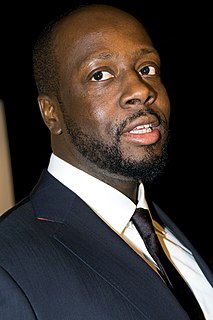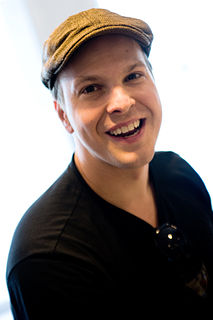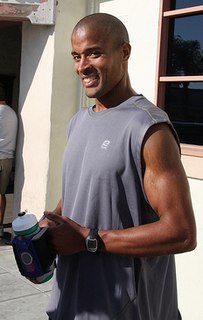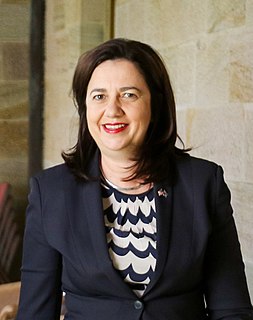A Quote by Chimamanda Ngozi Adichie
My grandfather died in the war, my family went through the war, and it affected my parents in really profound ways. I've always wanted to write about that period - in some ways to digest it for myself, something that defined me but that I didn't go through.
Related Quotes
It's important to remember that World War II was experienced very much as a continuity in that sense. Most of World War II in most of Europe wasn't a war; it was an occupation. The war was at the beginning and the end, except in Germany and the Soviet Union, and even there really only at the end. So the rest of time it's an occupation, which in some ways was experienced as an extension of the interwar period. World War II was simply an extreme form, in a whole new key, of the disruption of normal life that began in 1914.
As a caregiver, I always thought I had empathy for Chris's situation, and certainly one family member's disability affects the whole family dynamic in myriad ways. But as I go through various tests and discomforts and uncertainty about the future that cancer can bring, I feel a strong, visceral connection to what Chris went through.
Huge events in life inform you in so many ways that you know about and many other ways that you cannot even comprehend. To go through a big experience can have such a profound impact on everything that you do. It's the common thing that everyone says about a tragedy - it is a really tough thing to happen but it is amazing, and a gift, if you can look at the positive aspects that come out and the friendships that are made from the people that provided help and support.






































